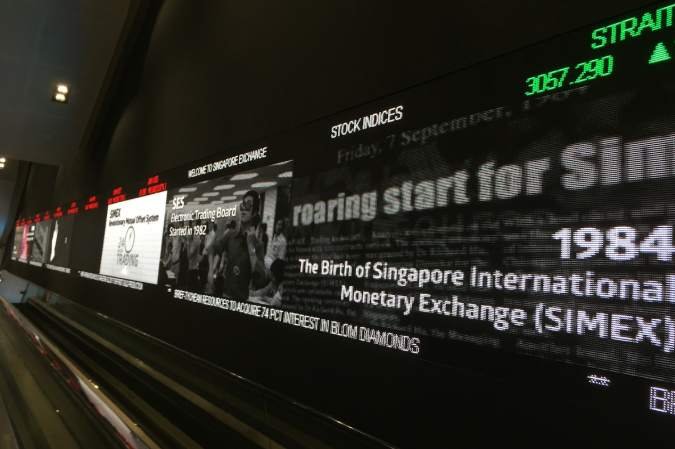Study Highlights Gaps in Sustainability Reporting Across Southeast Asia’s Top Companies
A recent study reveals that while major companies listed in Southeast Asia have made strides in disclosing environmental, social, and governance (ESG) metrics, such as carbon emissions targets, they are failing to adequately measure performance over time or tie these goals to the remuneration of their senior executives.
The research, conducted by the National University of Singapore’s (NUS) Centre for Governance and Sustainability and the Global Reporting Initiative, assessed sustainability reports from the top 100 companies in six ASEAN markets: Indonesia, Malaysia, Philippines, Singapore, Thailand, and Vietnam. Of the 600 companies analysed, only 420 released sustainability reports with climate-related disclosures.
The disclosure rate across the ASEAN region stands at 46%, with Thailand leading at 57%, followed by Malaysia and Singapore, both at 48%. Indonesia has a disclosure rate of 44%, the Philippines 42%, and Vietnam lags at 24%.
Lawrence Loh, director of NUS’s Centre for Governance, highlighted the need for better coordination in reporting standards across ASEAN countries. The study found that while many companies disclose metrics on greenhouse gas emissions and energy consumption and set reduction targets, few offer clear measures of progress. Many companies also failed to provide specific timelines for achieving these targets or set vague goals instead of measurable ones.
Despite the inclusion of emissions data, the report noted that the scope of these disclosures often fails to fully capture operations across regions. Moreover, the discussion around how to reduce emissions and increase the use of renewable energy is limited.
A concerning finding was that very few companies linked executive pay to sustainability performance, a practice that is virtually non-existent in Vietnam and the Philippines. Companies were also found to focus mostly on long-term carbon-reduction strategies, with little attention to short-term or medium-term goals.
The report also pointed out that while many companies recognise the risks and opportunities posed by climate change, the process behind identifying these factors remains unclear. Climate risks are often managed by individual committees within companies, rather than being integrated into the broader risk committee discussions at the board level.
Loh also noted the challenge of sustainability reporting fatigue, with companies expressing difficulty in keeping up with the growing number of international standards.








